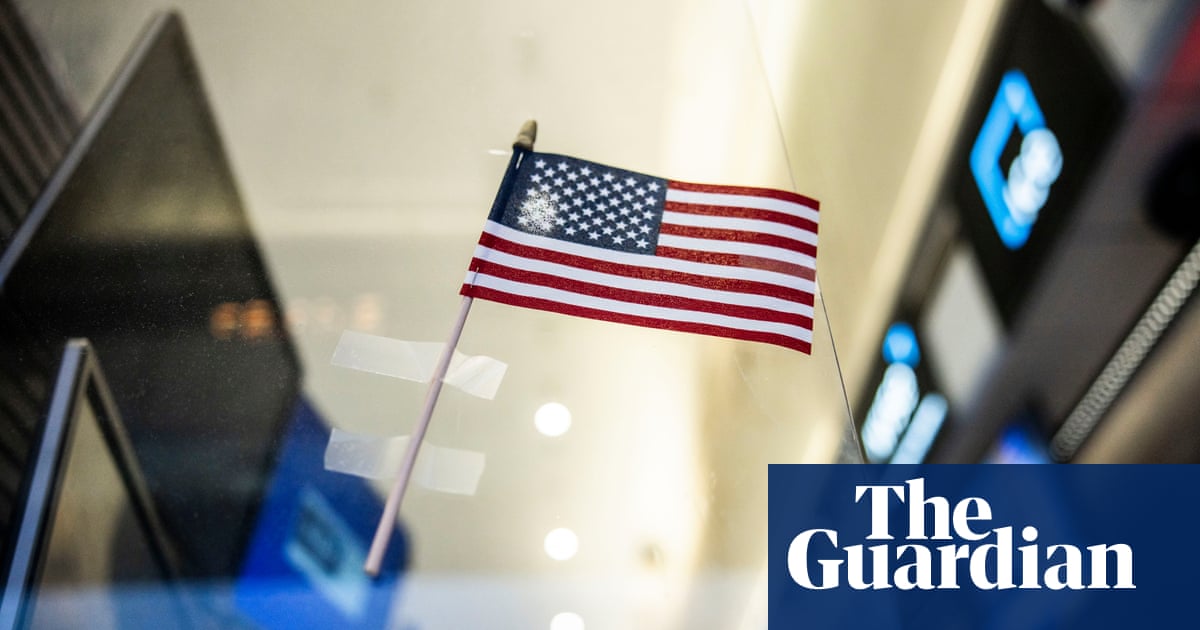Republican supporters of Ukraine are using recent Russian missile strikes to press Donald Trump for a stronger stance against Vladimir Putin. This push is especially urgent after attacks in Sumy during Palm Sunday celebrations, where civilians were targeted. Such events make it harder for Trump to ignore their calls for support for Ukraine.
Politicians like Senator Lindsey Graham have spoken out against these attacks, emphasizing the disconnect between Putin and peace. Graham highlights that targeting worshippers on a significant religious day shows Putin’s disregard for human life. Representative Michael McCaul echoed this sentiment, stating that the recent strikes are not just an act of war but also a moral failing.
Interestingly, just days before the attack, Trump’s envoy, Steve Witkoff, met with Putin. Although Witkoff described the meeting as productive, concerns arose in Washington about his overly friendly approach. Some Republican lawmakers voiced their worries to national security officials, fearing Witkoff’s views could undermine U.S. interests.
After the strike, Trump remarked that it was a mistake by Russia but refrained from stronger condemnation. This ambiguity continues a trend of his complicated relationship with Putin, which has been a point of contention among his supporters.
Data from a recent poll indicates that 70% of Americans support increasing sanctions on Russia due to its actions in Ukraine. This public opinion may influence Trump as he balances varying perspectives within his party.
Civilian casualties from the Sumy attack drew fierce reactions from Trump’s circle. Keith Kellogg, who once held a prominent role in military discussions, condemned the attack as crossing a line. Richard Grenell, another close ally of Trump, expressed disbelief that such violence could occur on a holy day.
This situation has galvanized some Republicans to call for harsher economic sanctions against Russia. Graham noted that without a significant shift in circumstances, only crippling the Russian economy might end the conflict.
President Zelenskyy of Ukraine has underscored the need for decisive action from the U.S., stating that Putin continues to ignore calls for a ceasefire. As Trump signals his growing frustration with Putin, supporters hope this might shift U.S. policy toward stronger support for Ukraine.
Overall, these developments highlight the ongoing struggle within the Republican party regarding the U.S. response to the war. Many are now advocating for a firmer stance against Russia, driven by both the humanitarian crisis unfolding in Ukraine and the emerging public support for a more robust U.S. involvement.
For more detailed insights on this conflict and how it affects global politics, check these reports from trusted sources like The Guardian and Reuters.










